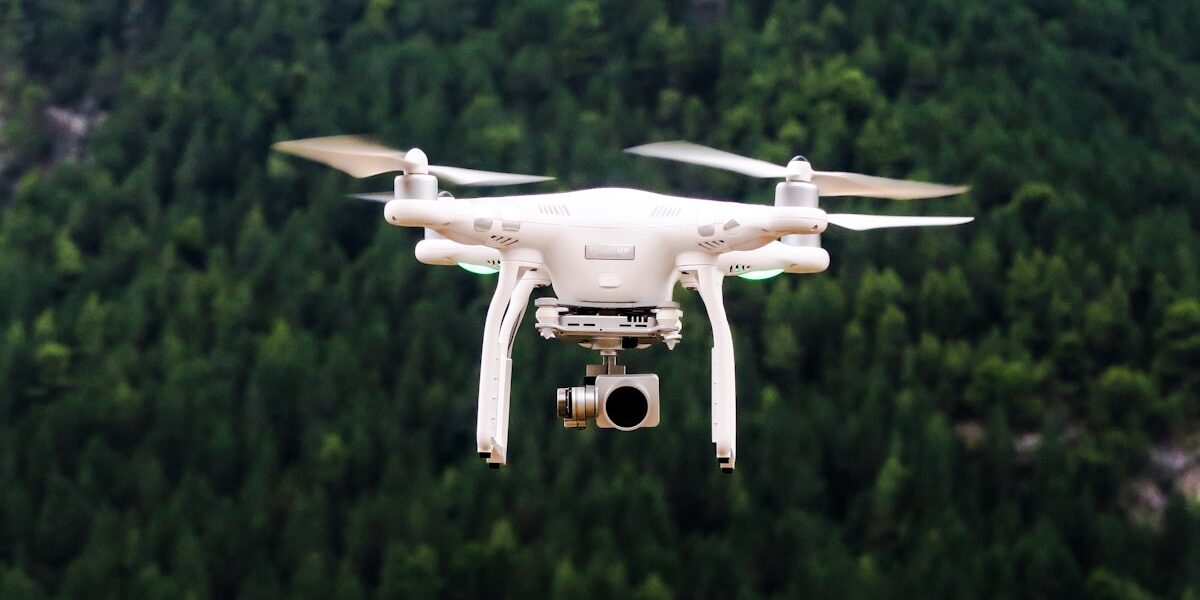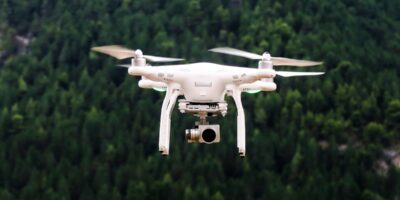
Understanding UAS Certification in Nursing
The integration of Unmanned Aerial Systems (UAS) in various fields is reshaping how tasks are accomplished. Nursing, traditionally viewed as a face-to-face profession, is one of the industries where UAS technology is making significant inroads. This transformation brings new challenges and opportunities, particularly in the realm of UAS certification for nursing professionals.
The Role of UAS in Healthcare
UAS, commonly known as drones, can perform medical deliveries, transport laboratory specimens, and even aid in disaster response efforts. In rural areas, drones bridge the gap where healthcare access is limited. They can deliver medications or medical equipment speedily and efficiently, surpassing traditional methods in terms of time and logistics. Understanding how these capabilities align with nursing duties is crucial for implementing effective UAS use in healthcare.
Why Certification Matters
Using UAS in healthcare settings requires a knowledge of aviation regulations, drone technology, and safety protocols. Certification ensures that healthcare providers are adequately trained to operate drones safely and effectively. Certification involves understanding the airspace, knowing how to avoid obstacles, and maintaining patient privacy and safety. This aspect is vital, considering the sensitive nature of healthcare environments.
Steps to Achieve UAS Certification in Nursing
- Research available UAS training programs tailored to healthcare professionals.
- Enroll in a training course that covers both theoretical and practical elements of drone operation.
- Learn about aviation regulations, including those specific to healthcare and medical delivery.
- Pass the certification exam, which tests knowledge of drone operation and safety standards.
- Stay updated with continuing education to keep abreast of new regulations and technology advancements.
Applications of UAS in Nursing
Certified nurses can use drones to deliver lifesaving treatments in emergency situations. Rapid deployment of medical supplies like blood, vaccines, or emergency kits is possible with drones. In public health, drones can assist in surveillance to monitor outbreaks or deliver supplies during vaccination campaigns in remote areas. This technology also plays a role in telemedicine, where drones can deliver equipment allowing for remote diagnostics.
Challenges in Implementing UAS Technology
Despite the benefits, several challenges come with integrating UAS in nursing. Regulatory hurdles may arise, as airspace for commercial drone use is strictly governed. Privacy concerns are paramount, especially with drones potentially capturing sensitive patient data. Furthermore, technical malfunctions pose a significant risk, necessitating robust training and fail-safe measures. The responsibility falls on healthcare institutions to address these challenges, ensuring safety and compliance at all stages.
Impact on Patient Care
The ultimate goal of UAS integration in nursing is improved patient care. Faster delivery times for medical samples can lead to quicker diagnosis and treatment. In disaster zones, drones provide immediate assistance that can be crucial in saving lives. The presence of drones can also enhance the morale and efficiency of healthcare workers, knowing they have cutting-edge tools at their disposal. This direct impact on patient outcomes underscores the importance of certification for safe and knowledgeable UAS operation.
The Future of UAS in Nursing
As technology advances, the role of UAS in healthcare is poised to expand further. Autonomous drones may soon conduct regular patrols within hospitals, managing intra-hospital deliveries. There is potential for drones to be integrated with AI for real-time decision-making and diagnostics. With these developments, the need for certified operators who understand the intersection of nursing and technology becomes even more critical.
Nursing professionals interested in UAS certification have the opportunity to be pioneers in this burgeoning field. By acquiring the skills to operate drones effectively, they contribute to the transformation of healthcare delivery, ensuring that patient care is efficient, safe, and forward-looking.
Recommended Drone Gear
ASA Remote Pilot Test Prep – $19.95
Complete prep for the FAA Part 107 exam.
Drone Pilot Log Book – $7.99
Track your flights and maintain compliance.
As an Amazon Associate, we earn from qualifying purchases.



